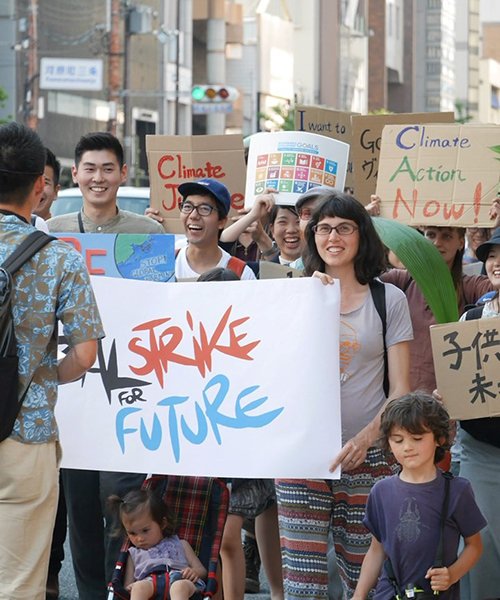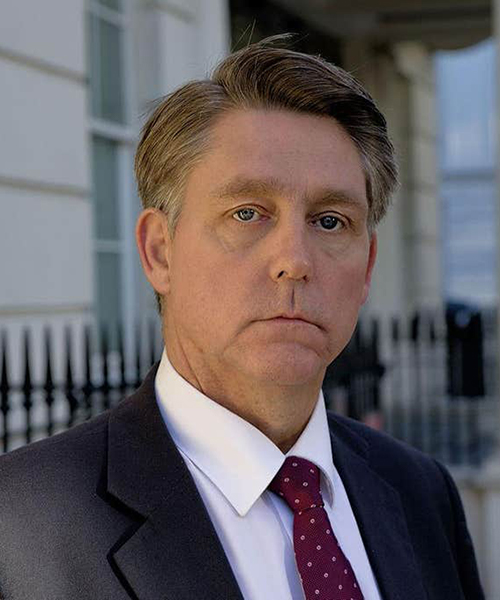This year’s G20 Summit held in Osaka highlights the vital importance of Japan as a global leader, hosting one of the largest and most significant gatherings of world leaders to date. The Interfaith Forum met in Tokyo shortly before the G20 Summit, and was addressed both to Japan’s global agenda and to priority topics that the G20 will or should address.
At its heart, the forum’s goal is to ensure that the rich, countless ideas and actions of the world’s religious communities about global agendas are heard and understood. Even more, that they are marked, so that the priorities that drive the forum organizers are high on the global agendas. Examples of such priorities are a sharp focus on children and refugees, action on climate, corruption, education quality, and health for all. The G20 is a special forum, a time and place where powerful leaders and nations can respond and act. We challenge them, and are mobilizing to respond and help shape agendas.
Why is an interfaith voice important for the G20? An attention catching statistic suggests that 84 percent of the world’s people have a religious affiliation. Faith traditions mobilize communities. Perhaps most important they help us appreciate life (why are we here?) and take account of our responsibilities and relationships. Religious actors are often trusted, more than others. Their omnipresence means they understand and they respond to needs and to change.
Seventeen Sustainable Development Goals (that all UN member countries approved in 2015), with a demanding set of 169 targets, set deadlines and accountability that are truly global in scope. The SDGs are a continuing agenda for us all, as well as for the G20. They represent an overall framework, a global architecture and agenda. Religious actors engage on each and every goal and target. This forum works to bring together and build a network linking the rich web of networks that are involved with the SDGs.
The 22 working sessions and six plenary sessions of the 2019 G20 Interfaith Forum assessed the knowledge, experience, and wisdom of the different networks working in every corner of the globe. Each and every participant helped to draw out and frame the most robust, most meaningful insights as recommendations to the G20 and to this formidable network of networks.
All cultures and traditions have a version of an ancient story or parable. Blind men explore an elephant and imagine a very different, contradictory, and unreal creature. Too often, working in different places and with varying beliefs, we think we see different realities and therefore different priorities and needs. The poet Rumi gave the story a different twist: His elephant is in a shed and bringing candles helped all to see what in fact was there. Our goal is to shed light on the vast interfaith work that touches global agendas, with confidence that that light will help us to see common values, shared goals, and urgent needs. It will also help to zero in on topics (like, for example, the implications of changing roles of women and men) where there is disagreement and thus a potential to learn or to find ways toward harmony rather than dissonance.
As we gathered at the G20 Interfaith Forum and as the G20 leaders prepare to gather at the Osaka Summit in the auspicious month of June 2019, the world is poised, even torn, between fear and concern, hope and confidence.
Fears are linked to our troubled and uncertain times, politically, economically, technologically, spiritually. The suffering of refugees and displaced peoples, of people, too often children and women, who daily face terrible abuse, powerful storms, wars and other violence, droughts, fires, the grinding daily misery of poverty: all give plenty of reason to pause and reflect.
But we must thrive on hope. Our hopes are fed by what people can achieve, what they have done. Longer lives and remarkable progress on education and fighting poverty are tangible evidence of what can be achieved. And most of all, the spirit, courage, vision, determination, stubborn commitment to change, and caring that I witness at the G20 Interfaith Forum gives me great hope.






